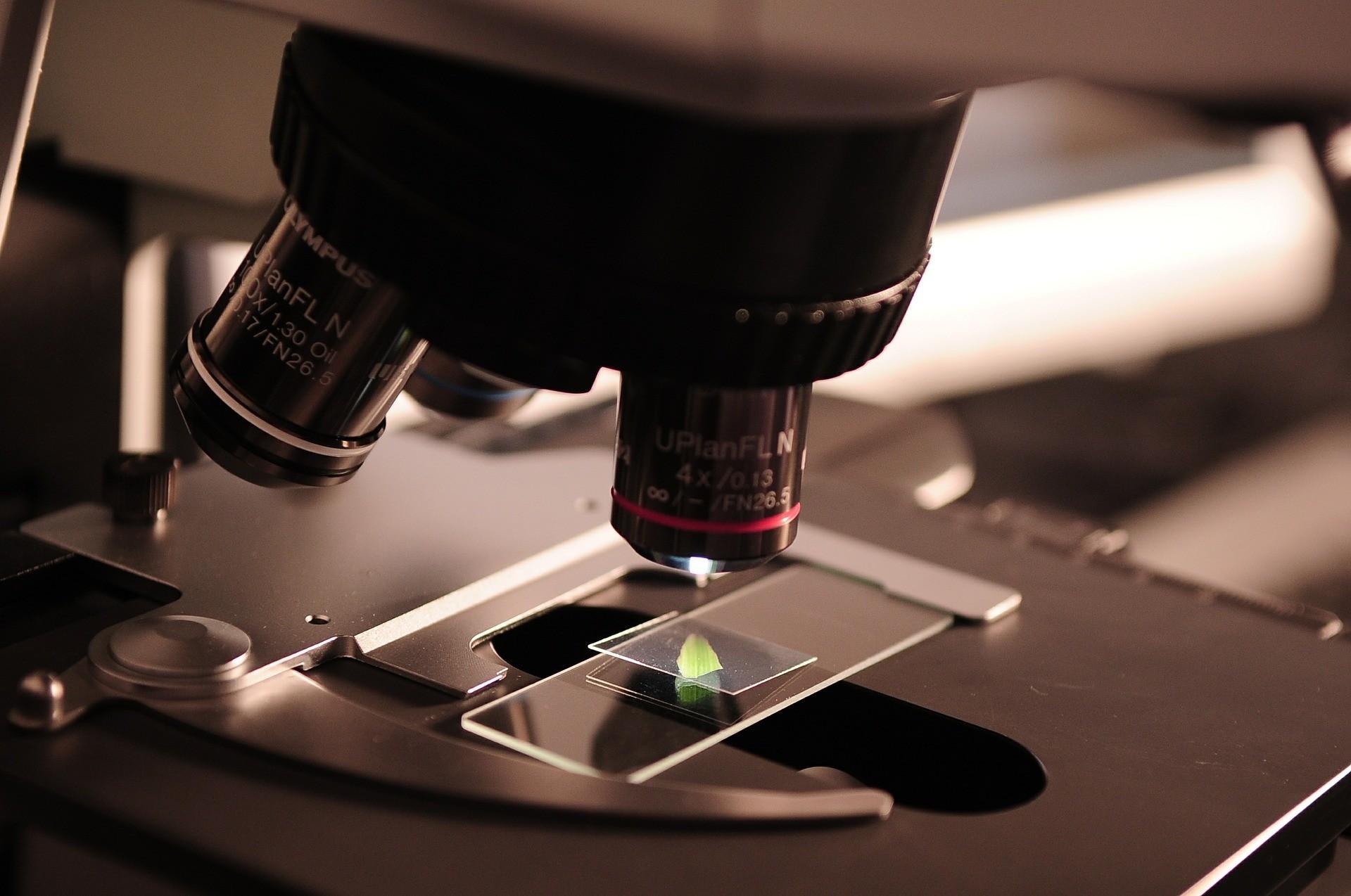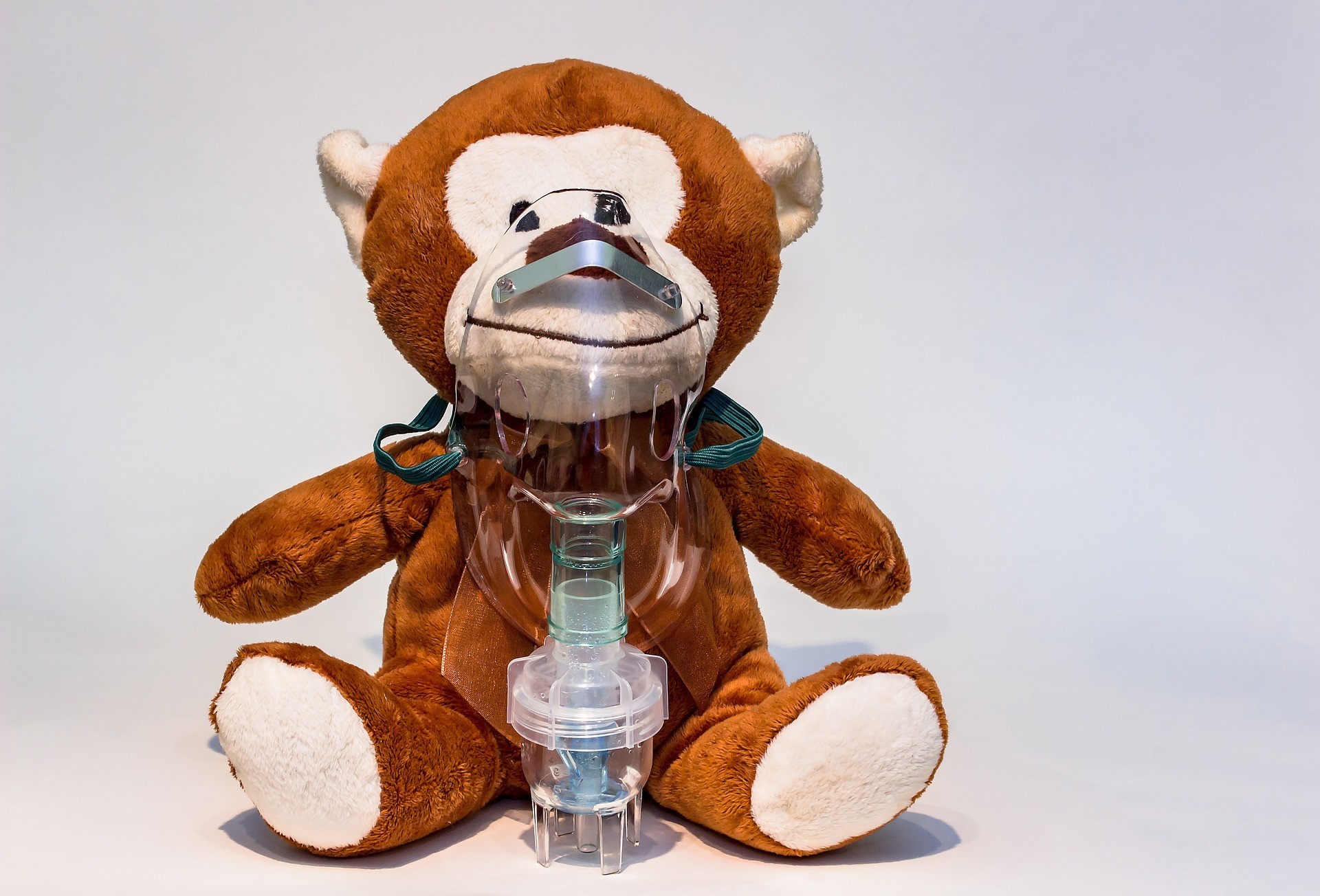How can I determine bacterial load for cleaning validation?
You want to determine the realistic bacterial load of your products by patients and users? You want to align and simplify your cleaning processes accordingly? We are able to realize your individual test setup and a corresponding germination strategy!
The term bioburden refers to the number of germs present on the surface of a product prior to sterilization. Since such bacterial contamination can easily occur in the manufacturing process, manufacturers of sterile medical devices are obliged to carry out germ count determinations on their products.
The evaluation is based on the bioburden test according to DIN EN ISO 11737. The structure, the evaluation and the test concept are individually adapted to your product. We look forward to your inquiry!
Testing of bacterial load
To establish the examination, a structure of the device and the corresponding modification takes place. The introduction of bacteria into your system requires a separate device. Here, the cleanliness of the measuring apparatus and the connecting pieces must be ensured. Following this, simple test runs are used to check whether the test setup meets your requirements and whether a representative statement is possible.
Our services:
- Construction of customized measuring equipment
- Validation by biological test laboratory
- Production of adapter parts for assembly of customer devices

Cleaning validation for lung function diagnostics and ventilation devices
Especially for devices of lung function diagnostics and ventilation we offer the possibility to simulate human respiration. Here we can set the gas among others by the following degrees of freedom.
- Volume flow:
- Normal respiration: sinusoidal, +/- 2 L/s
- Forced breathing: puls excitation until 15 L/s
- Temperature of the respiratory gas: 30 °C – 50 °C
- Humidity of the respiratory gas: 65 % – 100 % rh
- contamination: with / without bacteria

